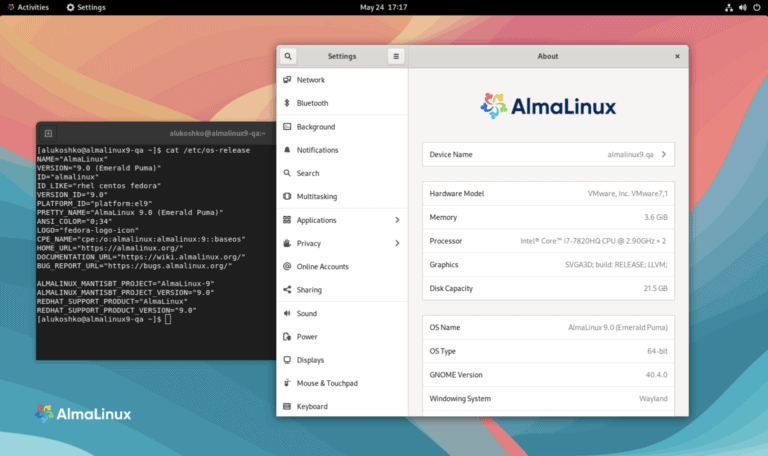AlmaLinux will no longer be one-to-one compatible with RHEL for the time being. Instead, the RHEL variant will now have application binary interface (ABI) compatibility.
With the move, the provider of the downstream RHEL variant is responding to Red Hat’s recent decision to stop making the source code of the business Linux version open source. There is currently a lot of unrest about this among suppliers of downstream versions.
Minimal consequences
According to AlmaLinux, the consequences for end users are minimal. They can continue to run Red Hat-compatible applications on the alternative business Linux operating system and security patches will be released as usual.
An additional benefit of ABI status, AlmaLinux points out, is that when users encounter bugs outside Red Hat, they no longer have to wait for the vendor’s release cycle. AlmaLinux can now more easily release fixes when they are needed.
ABI Compatibility
With ABI compatibility, users can continue to use normally ABI compatible applications. ABI compatibility, according to Red Hat, is that these applications use a set of runtime conventions that interoperate with a compiled binary representation of a program.
One-to-one compatibility is achieved through source code. The very open-source use of this source code is now being restricted by Red Hat.
Irritation downstream providers
AlmaLinux is not the only alternative RHEL provider expressing concern about Red Hat’s decision. Recently, Oracle also announced its reservations against the decision in a lengthy blog post. Open source Linux giant SUSE also disagrees with the decision and recently announced its own RHEL fork.
Also read: Lightning strikes the open-source world: SUSE builds its own RHEL variant
